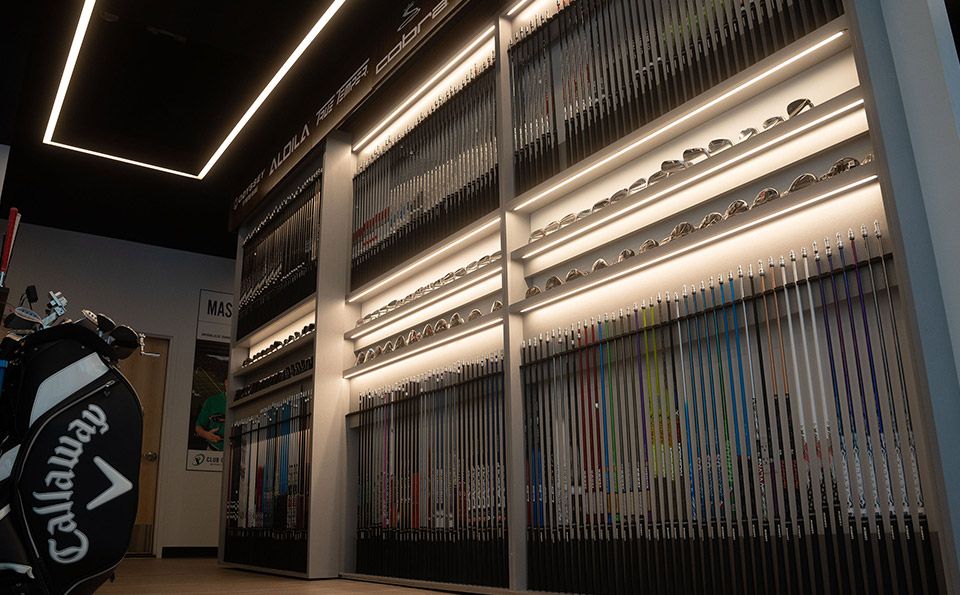WestJet and union reach second preliminary agreement, strike ends

WestJet executives and the striking mechanics’ union have announced they have reached a second tentative agreement. Ending a strike that led to the cancellation of hundreds of flights.
“As a direct result of the solidarity of our members, AMFA has been able to reach a second interim agreement that provides significant improvements to both your current terms of employment and the terms of the first interim agreement,” a statement was published late Sunday on the Aircraft Mechanics Fraternal Association (AMFA) website.
“We ask that you return to work immediately so that we can deliver the value of your work, which was the most important element in making this deal happen.”
The statement said the second collective agreement, if approved, would provide for an immediate 15.5 percent wage increase without reallocation of funds from the WestJet Savings Plan, further annual wage increases for the remainder of the five-year contract and higher overtime pay.
“Your negotiating committee is pleased to present (the second tentative agreement) to you and is grateful for your indispensable contribution. Your presence at the negotiating sessions and on the picket lines had a significant impact on the final outcome of this trip.
News of the deal was also posted on WestJet’s website late Sunday after executives said collective bargaining had resumed earlier in the day, saying AMFA had agreed to call off the strike as of 11:30 p.m. ET and efforts were underway to restore the entire network.
“The damage to Canadians and our airline is enormous, a quick solution was necessary. We are not taking victory laps, but we will sleep better tonight knowing that further damage has been prevented,” said Diederik Pen, president of the airline WestJet, in a statement.
“We would like to thank our guests for their patience during this uncertain and stressful time.”
WestJet representatives cited a “lack of clarity” from the federal government and decisions by the Canada Industrial Relations Board.
“Since there was no path to a solution, both parties took the necessary steps to find common ground and reach an agreement,” the statement said.
Since the strike began, 130 planes have been parked at 13 airports across Canada, according to WestJet officials, and hundreds of flights have been canceled since Thursday. By the end of Sunday, only 32 planes were operational. An estimated 110,000 passengers were affected.
“The airline will begin work to resume operations safely and in a timely manner,” the statement said.
“Given the significant impact on WestJet’s network over the past few days, the return to normal flight operations will take some time and further disruption is expected over the coming week as the airline needs to get aircraft and crew back into position.”
About 680 workers, whose daily inspections and repairs are essential to the airline’s operations, walked off work on Friday evening despite orders from Canada’s federal labour minister.
Before the second tentative deal was announced, representatives from WestJet and AMFA accused the other side of refusing to negotiate in good faith.
The industrial action came after union members overwhelmingly voted against a tentative collective agreement with WestJet in mid-June and two weeks of tense talks between the two parties.
As the clock counted down to the strike ending on Friday, the impasse prompted Employment Minister Seamus O’Regan to intervene, ordering the airline and union to undergo binding arbitration in the country’s employment tribunal.
This procedure is usually used to circumvent a work stoppage. WestJet apparently agreed, saying the union had “confirmed that it will comply with the order.”
“In this context, there will be no strike or lockout and the airline will no longer cancel flights,” the airline said on Thursday.
The mechanics disagreed. The union’s negotiating committee said it would “follow the Minister’s instructions and instruct its members to refrain from any unlawful industrial action.” Less than 24 hours later, the workers were on the picket line.
A decision by the Canada Industrial Relations Board appeared to confirm the legality of their actions, regardless of the mediation protocols.
With files from The Canadian Press



